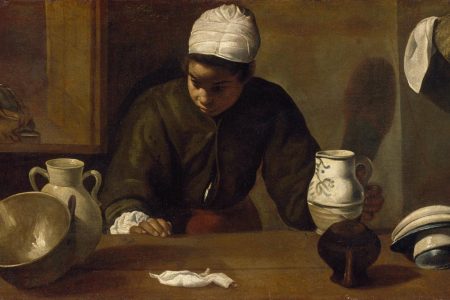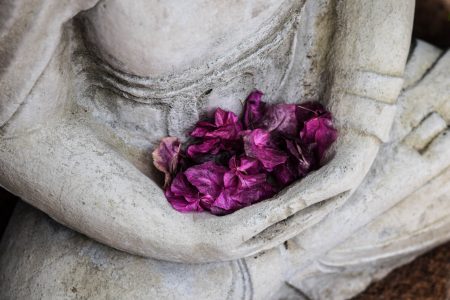Earlier this week, on Constitution Day, BYU Law School issued a press release publicly launching the Law & Corpus Linguistics Technology Platform1. The site will house several large bodies of text compiled to cover the linguistic range of the constitutional record, and is open and available to any user, be it linguist, lawyer, or laymen. …









